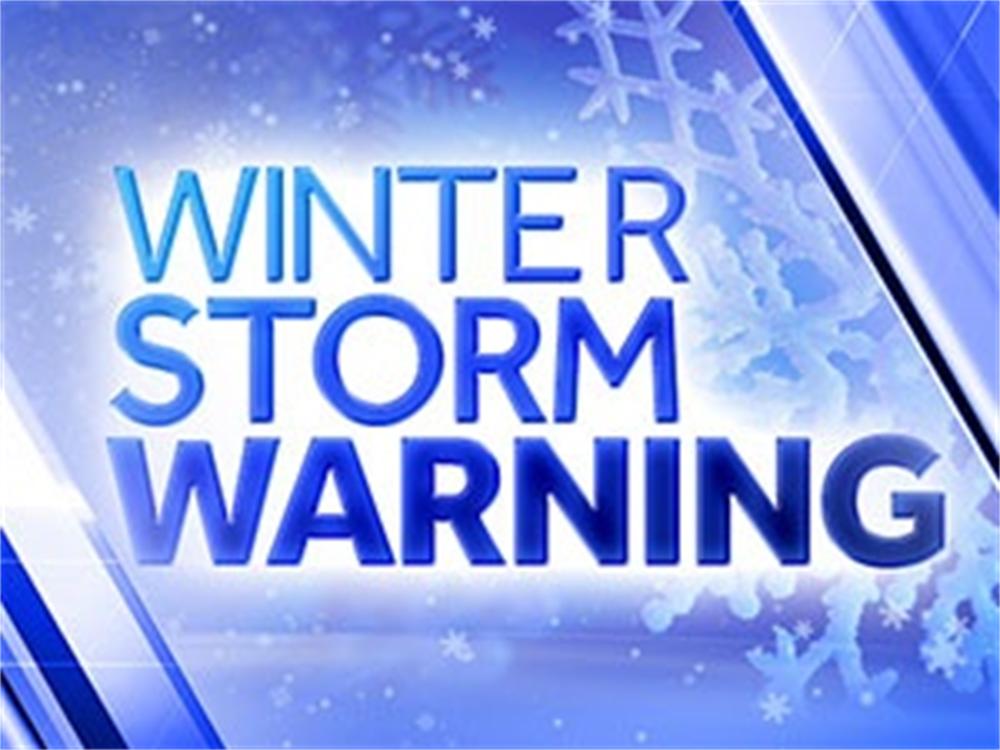 Winter has arrived early and for some, in a very fierce way. Just seeing the photos from what the Buffalo area residents have had to deal with and hearing that another onslaught of snow is on its way, prompted us to share some tips to help you ensure your loved ones are prepared to weather a storm.
Winter has arrived early and for some, in a very fierce way. Just seeing the photos from what the Buffalo area residents have had to deal with and hearing that another onslaught of snow is on its way, prompted us to share some tips to help you ensure your loved ones are prepared to weather a storm.
- Medications: Be sure they have plenty of medications to get them through a full week. Running out of medications during or following a large storm can be fatal for some. Check quantities of medications and ensure they have a week’s supply, at minimum.
- Food & water: Look through their cupboards and refrigerator. Do they have enough food and water to get them through the day of the storm and several days afterwards? The Red Cross recommends having a non-perishable food and water supply to last 72 hours. Having ample food and water will ensure they have what they need to stay nourished and hydrated for several days. (Note: ensure that they have a manual can opener.)
- Heating system: Ensure all is running properly. If they system has not been serviced since the previous winter, consider having a technician inspect the heating system to ensure it is running properly.
- Buddy system: You may not live close to your loved one or you too may be snowed in. Set up a buddy system with a neighbour or someone who lives close to your loved one who can physically check in on them. Knowing that they are safe and doing well will relieve the additional worry you may be feeling.
- Snow removal services: If you are not responsible for clearing the walkway and/or driveway, hire a professional snow removal service or strike a deal with the neighbour to ensure access into the home is always available.
- Flashlights and batteries: Ensure all flashlights are accessible with fully charged batteries.
- Generator: If possible, have a back-up heating and hydro plan by having a generator fully ready to use and someone (your buddy-system buddy) nearby to start it and ensure it runs properly while in use.
- Communication plan & emergency phone numbers: Have a plan laid out ahead of time with your loved one as to how frequently you will communicate with each other. Have emergency phone numbers readily available both in your home and in theirs.
If you are worried about your loved one and you live close enough to take them in, have them stay in your home for the duration of the storm. Not only will this ensure you know they are safe with you but it will provide you with an opportunity to spend additional time together. Whatever you decide, having a plan in place to ensure their safety is important.
For more information on emergency preparedness, visit these websites:

